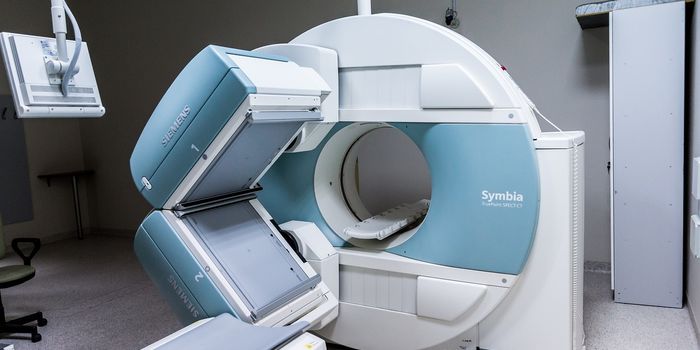Researchers Confirm the Impact of Gut Viruses on Inflammatory Bowel Disease
The gut microbiome refers to the collection of microorganisms that reside within the gut. The gut microbiome is known to have complex interactions on human health and there has been extensive research surrounding how bacteria that are part of the gut microbiome impact metabolic, gastrointestinal, and even mental disorders.
Viruses are an often-overlooked component of the gut microbiome. Since viruses have historically been more difficult to research than bacteria, researchers often focus on gut bacteria. Researchers now know that viruses in the gut outnumber bacterial cells by as much as ten to one. Research in this area is rapidly expanding and there is even a name for the RNA and DNA viruses that are specific to the microbiome: the enteric virome.
In a recent study, researchers at the Massachusetts General Hospital compared the enteric virome of those diagnosed with inflammatory bowel disease (IBD) and those with no reported gastroenterological symptoms. IBD is a broad term that includes Crohn’s disease and ulcerative colitis, two diseases marked by inflammation in areas of the digestive tract.
The researchers took viruses from the guts of healthy patients and from the guts of patients with IBD. They then took mice and replaced their existing intestinal viruses with viruses from either group. In mice whose intestinal viruses were replaced with those from the IBD patients, higher levels of gut inflammation were seen. In mice that received viruses from the healthy group, there was no observable increase in gut inflammation.
The researchers noted that treatments that harness the virome might be developed in the future. One possible treatment could involve transferring viruses from a healthy individual to an individual with IBD. This would be analogous to an existing treatment called a fecal transfer where gut bacteria are transferred from a healthy individual to a patient with certain gastroenterological issues. Another possible treatment could involve eliminating harmful gut viruses through vaccines or antiviral medications.
Sources: Current Opinion in Gastroenterology, Science Immunology, Therapeutic Advances in Gastroenterology








